Knowing that her child graduated with high scores, Ms. Thanh Ha ( Hanoi ) still has a headache because she does not know which school to choose for her child. Her daughter majored in English and had enough points to enter a top university, but she wants to study in an international environment.
“For our generation, getting into a prestigious public university is a source of pride. But when my child told me that going to university is not just about getting a degree, I started to look at it differently,” she shared.
Ms. Ha's concern is also the problem of thousands of parents today: between public and international schools, between reputation and practical experience, which is the "standard" choice for their child's future?
Two paths - two different training philosophies
In Vietnam, the system of public universities - especially the top groups such as Foreign Trade, Polytechnic, National Economics - is still considered a symbol of academic achievement and stable career opportunities. The majority of students studying here have good academic ability, strong fundamental thinking, and are trained in a disciplined environment with strict examinations. This is an undeniable strength.
However, in the public training model, personalization of the learning path, access to practical experience or deep interaction with lecturers is sometimes limited. The training program has been framed, the rate of elective credits is not high. Teaching content is still heavy on theory, little practice. Many analyzes say that the tradition of focusing on lecturers as the center has assigned teachers to the role of "transmitting", while students are "programmed" to receive knowledge relatively passively. Along with that, large class sizes make it difficult for students to receive direct support when needed.
In contrast, international universities pursue a liberal education philosophy that emphasizes student initiative. Learners are placed at the center, while teachers play a leading and motivating role.

Learning no longer revolves around the lecture hall and textbooks, but extends to the world of work through group projects, presentations, business simulations, and internships. Students learn in foreign languages, work with international lecturers, and gain access to technology tools, critical thinking, and presentation skills – factors that are increasingly important in the modern working environment.
Quality international universities often pursue rankings. Among the criteria for international rankings, the most common criterion is teaching updated knowledge, graduates can enter the labor market immediately without needing to work. Therefore, international students are often taught theory and practice in parallel from the first year to the last year. When graduating, they already have a portfolio of experience.
What are employers looking for in young people?
If 10 years ago, a good degree from a prestigious university almost guaranteed good job opportunities, now, that is no longer entirely true. In the report “Future of Jobs 2025” of the World Economic Forum (WEF), the most important competencies of young workers in the future are not specialized knowledge, but critical thinking, adaptability, use of technology, communication skills, teamwork and foreign language proficiency.
“Candidates from international training programs often do not memorize, but know how to express themselves. They confidently present ideas, know how to manage time, and work effectively in groups, which is what businesses need in an integrated environment,” said Ms. Pham Thanh Huong, Head of Human Resources at a multinational technology corporation.
In fact, many excellent public university graduates are still unemployed or struggle with interviews because of their lack of soft skills and practical experience. Associate Professor Dr. Tran Xuan Nhi, former Deputy Minister of Education and Training, once pointed out the problem of “training too heavily on theory and too little practice” as the root cause.
On the contrary, students from international environments are more highly valued for their practical work ability, independent thinking and solid foreign language foundation. International degrees - even though studied in Vietnam - are still widely recognized in many countries, creating conditions for students to continue studying at higher levels or transfer to the global education system if they have the need.

Of course, there is no one-size-fits-all formula. Public schools are still the right choice for many students with a deep academic orientation, reasonable fees and a highly competitive environment. But if the goal of parents and students is to work in international businesses, global startups, or start-ups in the creative field, the international education model is a strategic stepping stone. Many experts believe that the problem is not "choosing the best school", but "choosing the school that best suits your child's goals".
5-star international standard learning environment
Among the current international education options, British University Vietnam (BUV) is one of the educational environments that is popular with parents who want their children to study domestically but according to international standards. At BUV, students study 100% in English according to the British standard program and receive a bachelor's degree directly from prestigious universities in the UK, including the University of London.
The training program is designed based on the actual needs of the labor market, with diverse majors from business, communication and creativity, computer science and technology. All lecturers have international degrees, global teaching experience, accompanying students not only in studying but also in career orientation.

In addition to professional knowledge, students at BUV are also thoroughly trained in soft skills, leadership, critical thinking, teamwork and self-management through a special program for comprehensive personal development. These are skills that the future labor market requires more than grades.
BUV cooperates with nearly 500 businesses to provide nearly 1,000 internship opportunities each year for students starting from their second year. Students do not only learn through books but also directly interact and accumulate practical experience to confidently enter the job market. Notably, 100% of BUV students have jobs or continue their studies within 3 months of graduation.
In addition to international degrees at BUV, students can completely globalize their learning path through BUV's partner network of nearly 70 prestigious universities in more than 15 countries on 5 continents. From there, they can conquer degrees from prestigious Russell Group schools in the UK (24 most influential schools), Triple Crown group (1% of the world's most qualified business schools)... from the BUV launch pad.
After much consideration, Ms. Thanh Ha agreed to let her child study Business at BUV. Many parents like Ms. Thanh are concerned about the cost of international schools. However, if considered in the long-term context, in terms of career opportunities, integration ability and income after graduation, it is a strategic investment, not only for 3-4 years of university but also for the entire career journey ahead.
Learn more about BUV: https://www.buv.edu.vn/
Source: https://tienphong.vn/giai-ma-dai-hoc-cong-lap-va-truong-quoc-te-de-chon-chuan-xac-post1763788.tpo







![[Photo] Cutting hills to make way for people to travel on route 14E that suffered landslides](https://vphoto.vietnam.vn/thumb/1200x675/vietnam/resource/IMAGE/2025/11/08/1762599969318_ndo_br_thiet-ke-chua-co-ten-2025-11-08t154639923-png.webp)





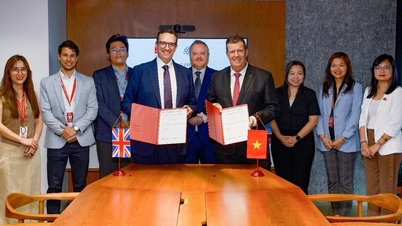


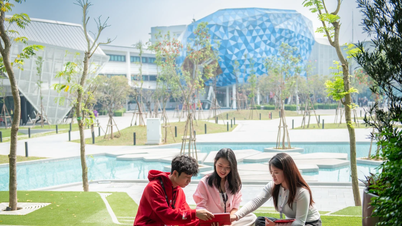
![[Video] University of Foreign Languages - Vietnam National University, Hanoi received the First Class Labor Medal](https://vphoto.vietnam.vn/thumb/402x226/vietnam/resource/IMAGE/2025/11/08/1762614378165_gen-h-z7203450341291-b1f427bb0cccc706a5bcc4b985f90a70-7234-jpg.webp)



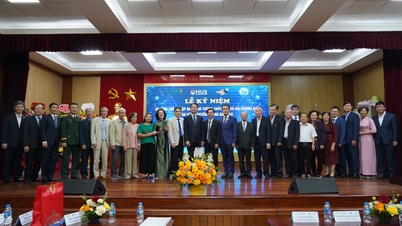


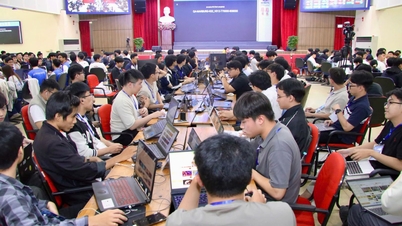

















![[Video] Hue Monuments reopen to welcome visitors](https://vphoto.vietnam.vn/thumb/402x226/vietnam/resource/IMAGE/2025/11/05/1762301089171_dung01-05-43-09still013-jpg.webp)














































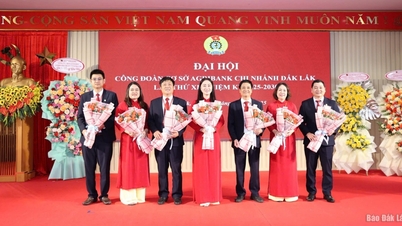
















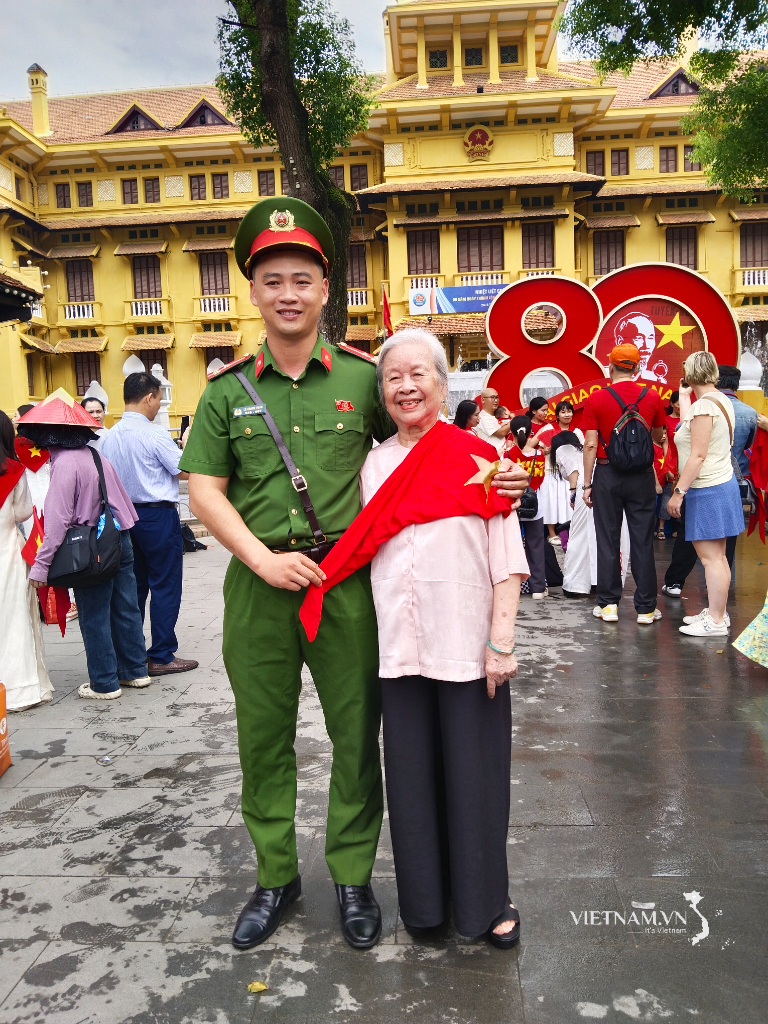



Comment (0)